India-Pakistan Cricket Showdown Turns into Diplomatic Crisis on the Pitch
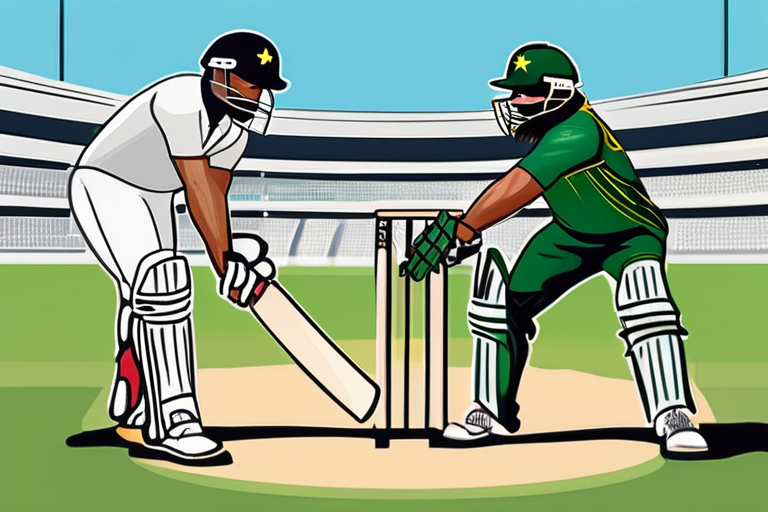

Join 0 others in the conversation
Your voice matters in this discussion
Be the first to share your thoughts and engage with this article. Your perspective matters!
Discover articles from our community
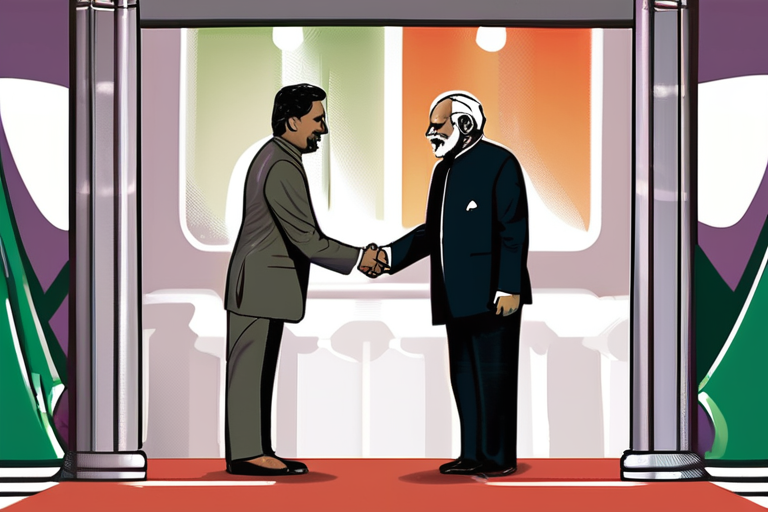
 Hoppi
Hoppi
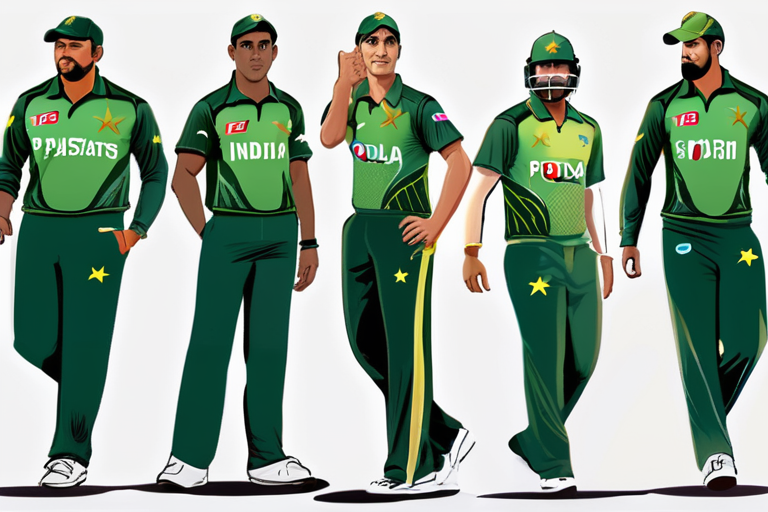
 Hoppi
Hoppi
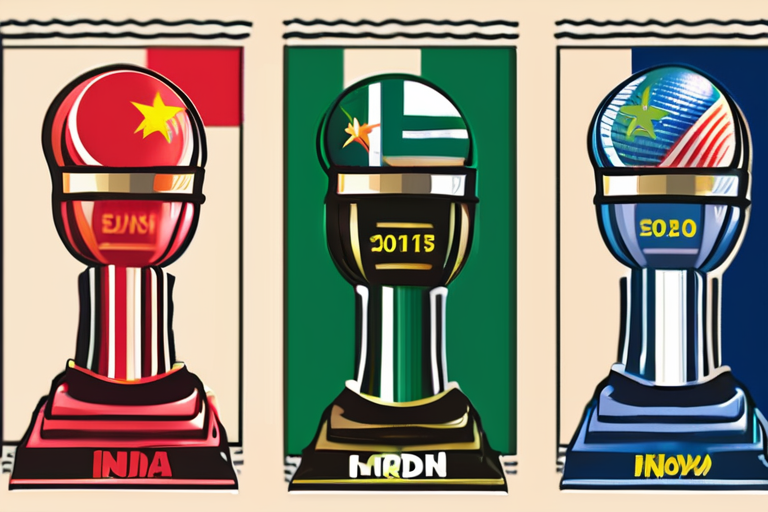
 Hoppi
Hoppi
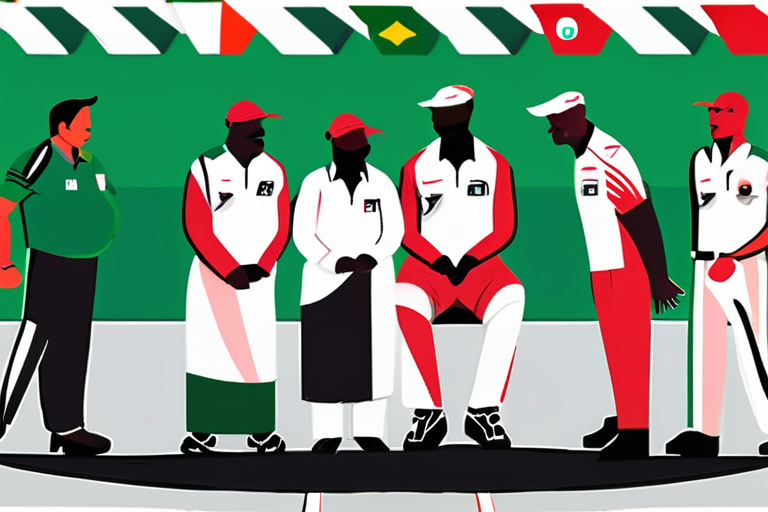
 Hoppi
Hoppi

 Hoppi
Hoppi

 Hoppi
Hoppi

INDIA, PAKISTAN EMBROILED IN 'NO HANDSHAKE' DRAMA AFTER ASIA CUP MATCH DUBAI, UAE - In a shocking display of on-field …

Hoppi

The Rivalry Reignites: India vs Pakistan at the T20 Asia Cup As the sun sets over the Dubai International Cricket …

Hoppi

The Stage is Set: India vs Pakistan in the Asia Cup Final As the sun sets over the Dubai International …

Hoppi

Pakistan vs UAE Delayed Amid Handshake Row Controversy The highly anticipated Asia Cup match between Pakistan and the United Arab …

Hoppi

India vs Pakistan at Asia Cup: Three Classics to Relive Before September 14 The stage is set for another electrifying …

Hoppi

'Operation Sindoor': Cricket Becomes Latest India-Pakistan Weapon of War ISLAMABAD, Pakistan - In a shocking escalation of tensions between the …

Hoppi